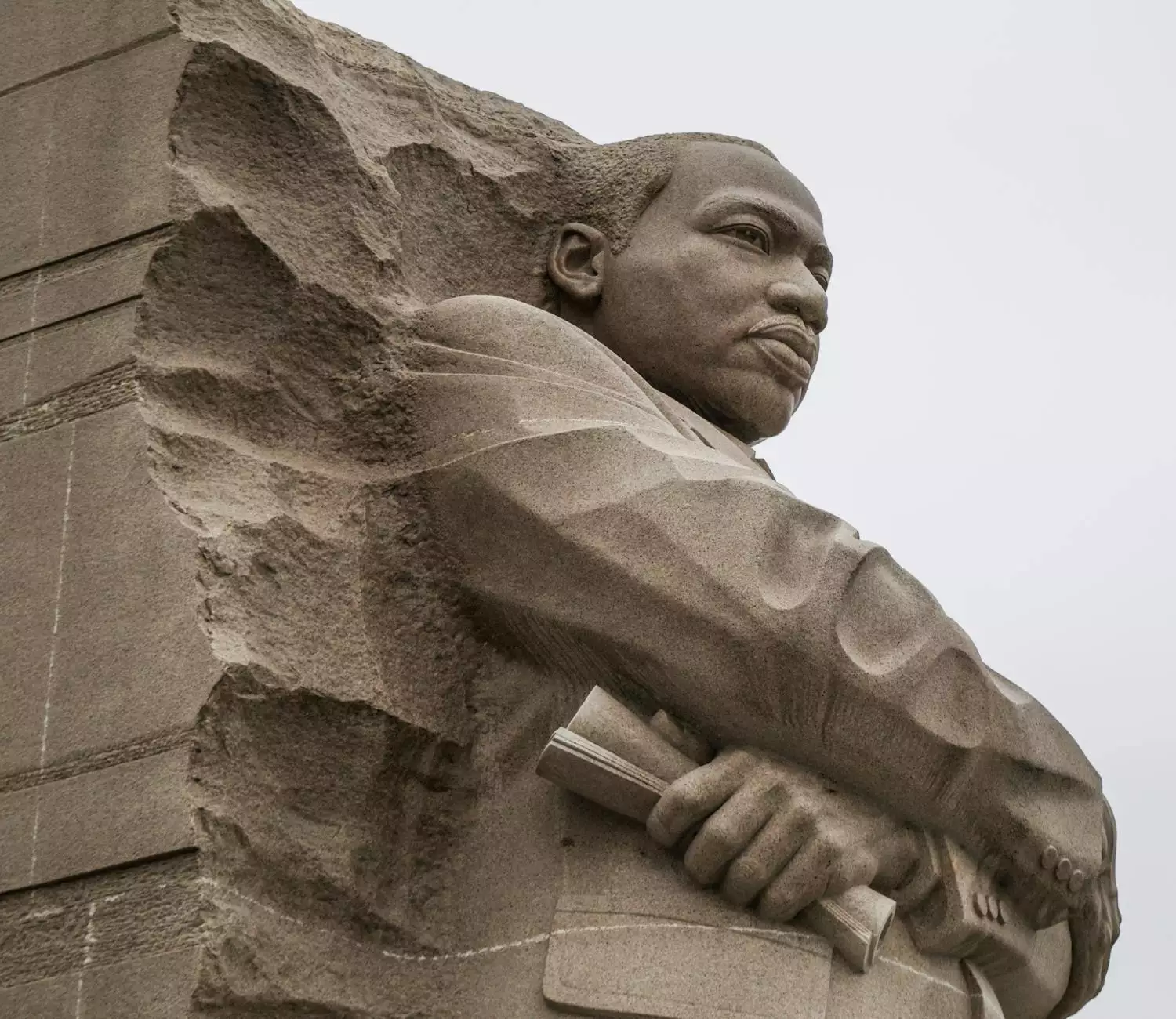How Martin Luther King, Jr. Used His Gift for Communication to Advance the Civil Rights Movement
Blog
The Impact of Martin Luther King, Jr.'s Communication Skills
Martin Luther King, Jr., an influential figure in the Civil Rights Movement, possessed exceptional communication skills that played a crucial role in advancing the cause of justice and equality. His captivating speeches, remarkable leadership, and powerful messages resonated with the masses and inspired millions across the nation.
Powerful Speeches that Ignited Change
One of the most notable aspects of Martin Luther King, Jr.'s communicative prowess was his ability to deliver impactful speeches that ignited change. His most renowned speech, "I Have a Dream," delivered during the March on Washington in 1963, remains a pivotal moment in American history. The compelling words, passionate delivery, and vision for a better future united individuals from all backgrounds, races, and walks of life.
Inspiring Leadership and Charisma
Martin Luther King, Jr.'s gift for communication went beyond his speeches. His inspiring leadership and charisma were evident in every aspect of his work. As the face of the Civil Rights Movement, he led with integrity, courage, and grace, inspiring others to join the fight for equality. Through his words and actions, he conveyed a message of hope, unity, and nonviolent resistance.
The Power of Nonviolent Resistance
At the core of Martin Luther King, Jr.'s communication strategy was the principle of nonviolent resistance. By advocating for peaceful protests, demonstrations, and acts of civil disobedience, he effectively showcased the unjust realities faced by African Americans while calling for profound societal change. This strategic approach resonated with both supporters and opponents, highlighting the strength and righteousness of the movement.
Building Alliances and Bridging Divides
In his pursuit of justice, Martin Luther King, Jr. understood the significance of building alliances and bridging divides. He leveraged his communicative skills to collaborate with like-minded individuals, organizations, and communities, establishing a broad network of supporters both domestically and internationally. His ability to foster unity in the face of adversity strengthened the Civil Rights Movement and propelled it forward.
Martin Luther King, Jr.'s Message of Equality and Justice
The essence of Martin Luther King, Jr.'s communication lay in his unwavering dedication to equality and justice. He firmly believed in the power of words to change hearts and minds, and his messages carried immense weight. By eloquently articulating the fundamental rights and freedoms denied to African Americans, he laid the groundwork for a more inclusive and equitable society.
The Legacy of Martin Luther King, Jr.
Although tragically assassinated in 1968, Martin Luther King, Jr.'s legacy lives on through his words and enduring impact. His remarkable gift for communication not only galvanized the Civil Rights Movement but also inspired future generations to continue the fight against injustice. His teachings, speeches, and powerful rhetoric continue to be studied, celebrated, and instill hope in the pursuit of equality.
Conclusion
Martin Luther King, Jr.'s extraordinary gift for communication played a pivotal role in advancing the Civil Rights Movement. Through powerful speeches, inspiring leadership, and a tireless commitment to equality, he ignited change, bridged divides, and left a lasting legacy. His messages of justice and compassion continue to inspire and resonate with individuals around the globe, reminding us of the power of words and the crucial role effective communication plays in creating a better world.










